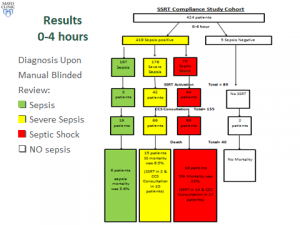Author Interviews, Surgical Research, Technology / 28.10.2015
Surgical Experience Improved With Patient Text Alerts and Web App
MedicalResearch.com Interview with:
Dr. Carmine Simone MD, FRCSC
Chief, Department of Surgery, Toronto East General Hospital
Co-Program Medical Director, Surgery HealthService, Toronto East General Hospital
Lecturer, University of Toronto, Division of Thoracic Surgery
Courtesy Staff, Sunnybrook Health Sciences Centre & Royal Victoria Hospital, Barrie
Medical Research: What is the background for this study? What are the main findings?
Dr. Simone: Patients preparing for surgery are often overwhelmed with information. Most of the time patients are given written instructions regarding preoperative preparation as well as written information at discharge. Our own institutional experience is that only 2/3 of patients read the information we provide and less than half of these patients can understand or retain the information they read.
We have found that providing patients SMS alerts or reminders leading up to their surgery increases the likelihood that they will follow instructions and keep their appointments. Furthermore having patients log their progress after discharged from hospital allows patients to track their progress and report complications earlier and avoid coming to the ER. Educational modules enable patients to better gauge their symptoms and make more informed decisions about calling the surgeon’s office or proceeding to the emergency department. We found a significant reduction in the number of ER visits and cancelled procedures after implementing the mobile device reminders and post-discharge daily log.
(more…)

